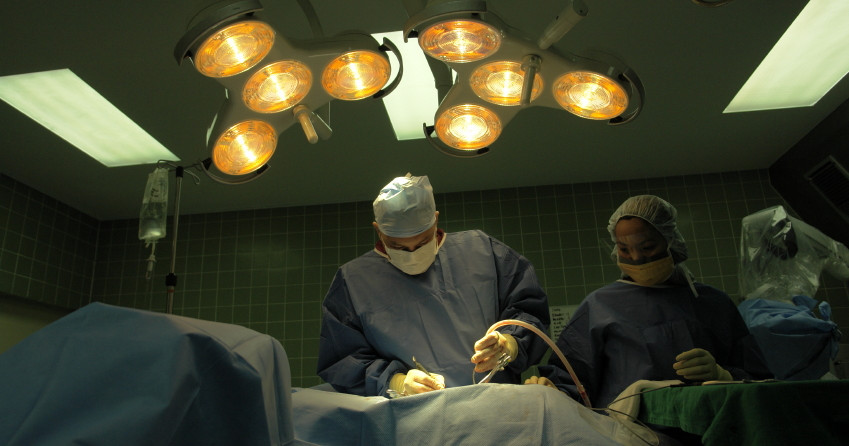- Messages
- 2,580
Wanted to share this with you guys since I came across this the other day.
Fin gave me an inguinal hernia. I got a hernia after about a year on fin and had surgery for it (~12 years ago). I just seen this study come out this year regarding how certain anti estrogen drugs that target ERa can literally reverse severe inguinal hernia back to normal in mice.
They used the drug Fulvestrant which is a selective estrogen receptor degrader (SERD) and particularly target estrogen receptor alpha. This is a bit different than standard anti aromatase drugs which just inhibit the enzyme.
Now I wanted to post this because I think this drug Fulvestrant might have use for PFS as it acts differently than standard anti estrogenic compounds as it specifically targets ERa. Interestingly enough, the second study also shows that raloxifene works similar too. Another tie in is that estrogen receptor alpha signaling plays a large role in wound healing and when I had pfs along with many others wound healing was absolute shit.

 news.northwestern.edu
news.northwestern.edu
 pmc.ncbi.nlm.nih.gov
pmc.ncbi.nlm.nih.gov
 pmc.ncbi.nlm.nih.gov
pmc.ncbi.nlm.nih.gov
Fin gave me an inguinal hernia. I got a hernia after about a year on fin and had surgery for it (~12 years ago). I just seen this study come out this year regarding how certain anti estrogen drugs that target ERa can literally reverse severe inguinal hernia back to normal in mice.
They used the drug Fulvestrant which is a selective estrogen receptor degrader (SERD) and particularly target estrogen receptor alpha. This is a bit different than standard anti aromatase drugs which just inhibit the enzyme.
Now I wanted to post this because I think this drug Fulvestrant might have use for PFS as it acts differently than standard anti estrogenic compounds as it specifically targets ERa. Interestingly enough, the second study also shows that raloxifene works similar too. Another tie in is that estrogen receptor alpha signaling plays a large role in wound healing and when I had pfs along with many others wound healing was absolute shit.

Drug reverses groin hernias in male mice without surgery, shows promise in humans
Using a novel, medication-based approach, a new Northwestern Medicine study successfully reversed existing inguinal hernias in male mice and fully restored their normal anatomy without surgery.
Inhibition of Estrogen Signaling Reverses Established Inguinal Hernias - PMC
Background: An inguinal hernia occurs when an intestinal loop or fat pushes through a weak spot in the lower abdominal muscle (LAM), causing a painful bulge that has the potential to cause bowel obstruction. Despite a high prevalence in men (~25%), ...
Shift from androgen to estrogen action causes abdominal muscle fibrosis, atrophy, and inguinal hernia in a transgenic male mouse model - PMC
Inguinal hernia is one of the most common disorders that affect elderly men. A major pathology underlying inguinal hernia is the fibrosis and other degenerative changes that affect the lower abdominal muscle strength adjacent to the inguinal canal. ...
